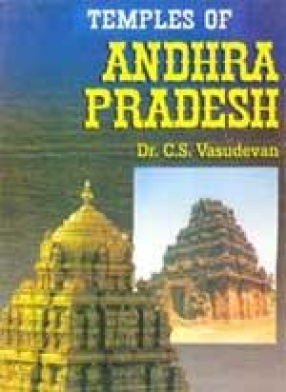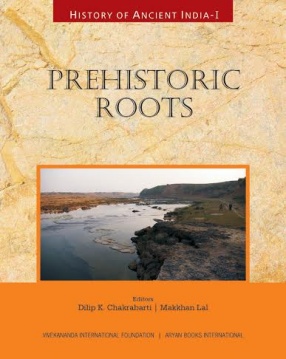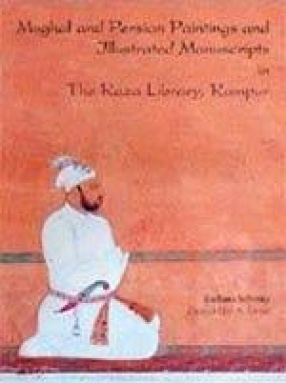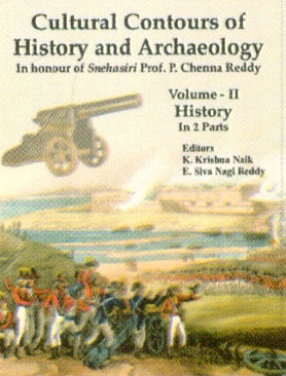In Hindu India the whole gamut of life intertwined with religion closely knit with the temple and religious institutions. Andhra Pradesh is dotted with a number of temples, which stand as living relics of the past reminding us the vital role played by them in ancient society. Life revolved around the temple, which is a nucleus for the all the human activities reflecting the religious aspirations of the people and served the society at large in innumerable ways by promoting and developing the socio-economic activities. With the evolution and growth of temples in course of time, the temples required a large staff to manage the temple finances in the form of land, village, money and other miscellaneous items. The temples provided employment to a number of persons thus becoming a biggest employer next only to state. It also provided fillip to agriculture by reclamation of lands, excavating tanks and canals. They besides, acting as banks, catered to the educational aspirations of the society by providing financial support to the ghatikasthanas and mathas. They also promoted the fine arts by supporting musicians, dancers and a host of other skilled artists and thus became a repository of fine arts. Dr. Vasudevan in this well documented and analytical work seeks to illustrate the socio-economic aspects of the six most prominent temples of Andhra Pradesh, which are located at different parts of the state and what is most important is that, they are still under worship, viz., Sri Varaha-Narasimha temple at Simhachalam, Srikurmanatha temple at Srikurmam, Sri Bhimesvara temple at Draksharama, Sri Madhukesvara and Sri Somesvara temples at Mukhalingam and Sri Venkatesa temple at Tirupati. These temples with their age old rituals and customs continue to keep the traditions alive.
Sri Puspanjali (In 2 Volumes)
$199.80
$222.00






There are no reviews yet.